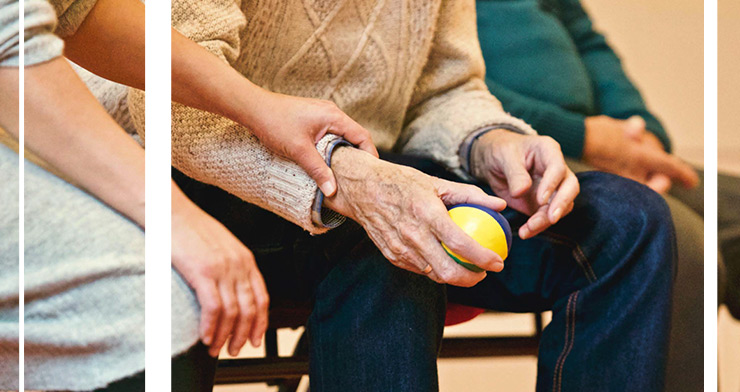Salus Content TeleGuides
Clinical decision support for telephone assessments

Salus TeleGuides supports safe, consistent teletriage and reduced healthcare costs by combining intuitive patient-relationship management with sophisticated clinical decision support.
Designed for use by trained call handlers, nurses, GPs and other healthcare professionals, Salus TeleGuides supports the safe, consistent assessment of a patient’s presenting symptoms over the telephone so they’re directed to the most appropriate level of care within a specified time range.
Salus TeleGuides not only reduces the cost of healthcare provision, but is particularly helpful to patients who find it difficult to travel to a healthcare facility.
Our Salus REST API is a highly scalable, functional and customisable interface into our clinical content, allowing for easy, full integration of Salus TeleGuides into your existing platform. This enables you to surface the information you need, when you need it.
Already using a CRM? The Salus API enables you to seamlessly integrate Salus TeleGuides into any third party patient record and CRM system to utilise and share data effectively.
To support positive outcomes, whether for a national service or a single call centre, Salus TeleGuides content is easy to use and configure. The clinical content algorithms can be quickly and easily tailored to meet local needs, such as reflecting local clinical guidance, disease patterns, languages, patient demographics and the local healthcare system, enabling you to deliver an instantly relevant, accessible and personable service.
Our health content is created and maintained by our in-house clinical editorial team before being reviewed by an external panel of medical experts and a patient panel formed of members of the public.
Salus TeleGuides integrates with third party applications, such as electronic patient record systems, CRMs and booking systems, to utilise and share data so healthcare providers can be better informed about a patient’s symptom history in advance of their appointment, reducing consultancy time and improving the patient experience.
Assessment data can also be used to monitor and identify trends, making it a valuable tool for the detection of emerging health problems and against the spread of disease.